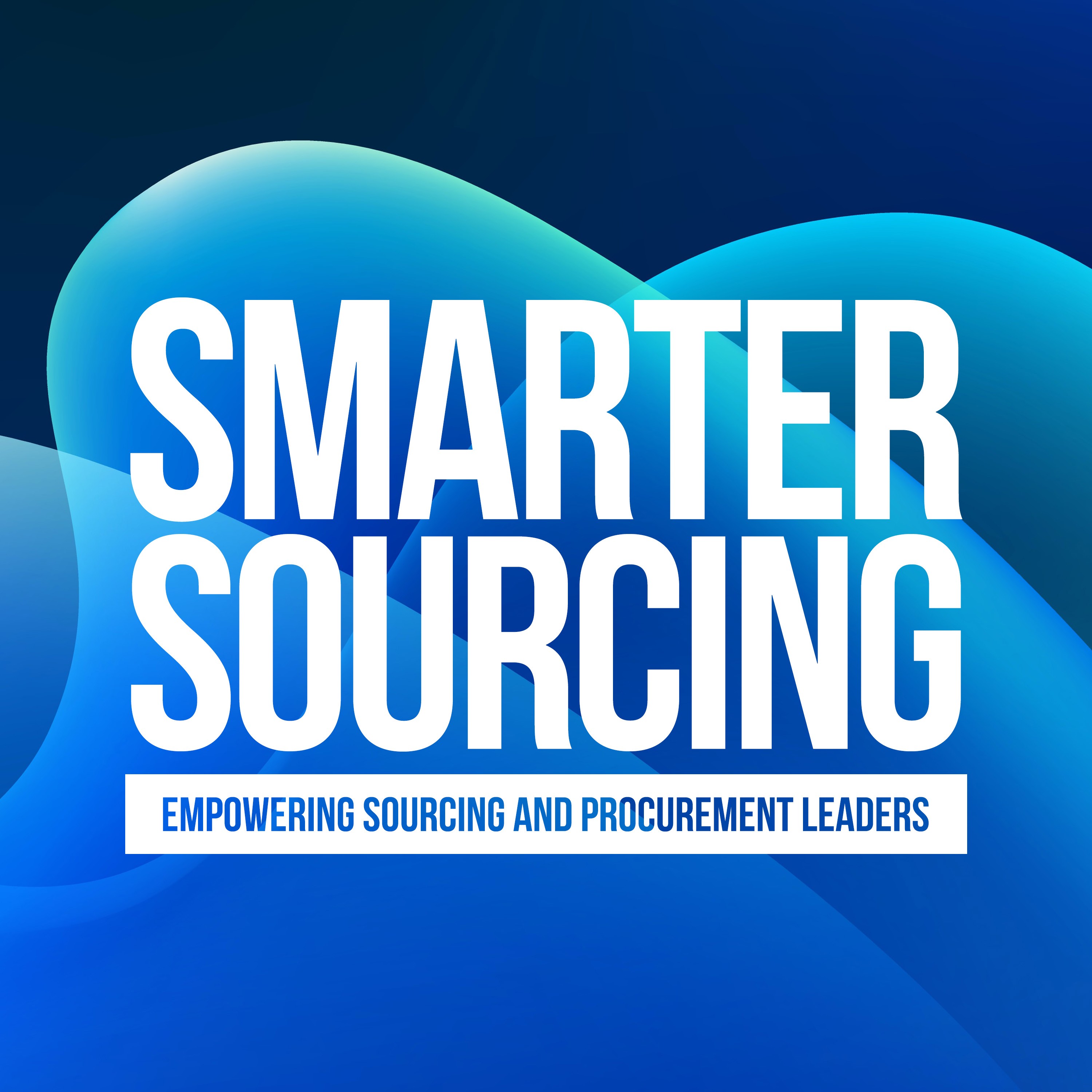Listen "EP 26 - Michaels' Arvind Nathan on Why Private Brands Carry Retailer Reputation Risk"
Episode Synopsis
Arvind Nathan, SVP of Private Brands & Sourcing at The Michaels Companies, Inc., didn't plan to revolutionize how global teams think about private brand sourcing, but his mathematical approach to procurement has transformed operations in both his current role and his previous one at Walmart. Managing 220 people across Asia and the US taught him that successful sourcing isn't about having better tools than competitors — it's about building the right equation from available variables.
Arvind's framework treats every sourcing decision as part of a balanced equation where over-indexing any single variable can destroy the entire strategy, whether that's cost, quality, speed, or innovation. At Michaels, he oversees 14-15 private brands that must reflect the retailer's identity while competing against national brands with established equity. His team operates on three core principles that have proven essential as the distance between supply and demand continues to shrink in global commerce.
Topics discussed:
The mathematical framework for balancing sourcing variables without over-indexing any single factor like cost, quality, or delivery speed.
How private brand sourcing complexity exceeds national brand challenges due to retailer reputation risk and personalization requirements.
Building cultural alignment across 220-person global teams through shared experiences, open dialogue, and cross-functional storytelling.
The evolution of supplier assessment from basic cost-quality-delivery metrics to 15-dimensional evaluations, including e-commerce capabilities and cross-functional support.
Strategic approaches to crisis management learned from 2008 and 2020 disruptions, emphasizing fundamental strength over contingency planning.
The transformation of supplier relationships from transactional manufacturing focus to revenue generation and innovation partnership models.
Leadership principles for global procurement teams including ready-aim-fire decision making, alignment without agreement, and Formula One pit stop operational speed.
Cultural adaptation strategies for international business including curiosity as active respect and understanding rather than navigating differences.
Technology integration challenges in procurement including AI limitations and the continued importance of human relationship management.
Career development advice emphasizing curiosity, agility, exposure to challenges, ownership mindset, and people business fundamentals.
Arvind's framework treats every sourcing decision as part of a balanced equation where over-indexing any single variable can destroy the entire strategy, whether that's cost, quality, speed, or innovation. At Michaels, he oversees 14-15 private brands that must reflect the retailer's identity while competing against national brands with established equity. His team operates on three core principles that have proven essential as the distance between supply and demand continues to shrink in global commerce.
Topics discussed:
The mathematical framework for balancing sourcing variables without over-indexing any single factor like cost, quality, or delivery speed.
How private brand sourcing complexity exceeds national brand challenges due to retailer reputation risk and personalization requirements.
Building cultural alignment across 220-person global teams through shared experiences, open dialogue, and cross-functional storytelling.
The evolution of supplier assessment from basic cost-quality-delivery metrics to 15-dimensional evaluations, including e-commerce capabilities and cross-functional support.
Strategic approaches to crisis management learned from 2008 and 2020 disruptions, emphasizing fundamental strength over contingency planning.
The transformation of supplier relationships from transactional manufacturing focus to revenue generation and innovation partnership models.
Leadership principles for global procurement teams including ready-aim-fire decision making, alignment without agreement, and Formula One pit stop operational speed.
Cultural adaptation strategies for international business including curiosity as active respect and understanding rather than navigating differences.
Technology integration challenges in procurement including AI limitations and the continued importance of human relationship management.
Career development advice emphasizing curiosity, agility, exposure to challenges, ownership mindset, and people business fundamentals.
 ZARZA We are Zarza, the prestigious firm behind major projects in information technology.
ZARZA We are Zarza, the prestigious firm behind major projects in information technology.
